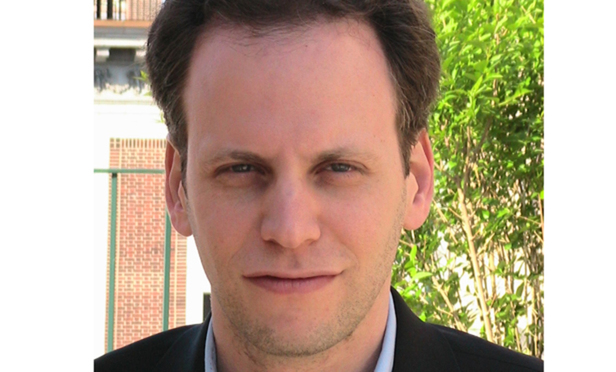Wrongful convictions are in the news these days. We know about the Central Park Five, the Bronx Six (some represented by this author’s law firm), and the allegedly corrupt Brooklyn detective whose cases are now under review by the Brooklyn district attorney. But what happens after the exoneration? Federal civil rights cases arising out of wrongful convictions can be tricky. Cases against prosecutors are a legal minefield. Why? The doctrine of prosecutorial immunity.
Section 1983
Under 42 U.S.C. §1983, “[e]very person” who, “under color” of state law, deprives any person of any “rights, privileges, or immunities secured by the Constitution and laws, shall be liable to the party injured.” Section 1983 was intended to create “a species of tort liability” in favor of persons deprived of “rights, privileges, or immunities secured” to them by the Constitution.1



